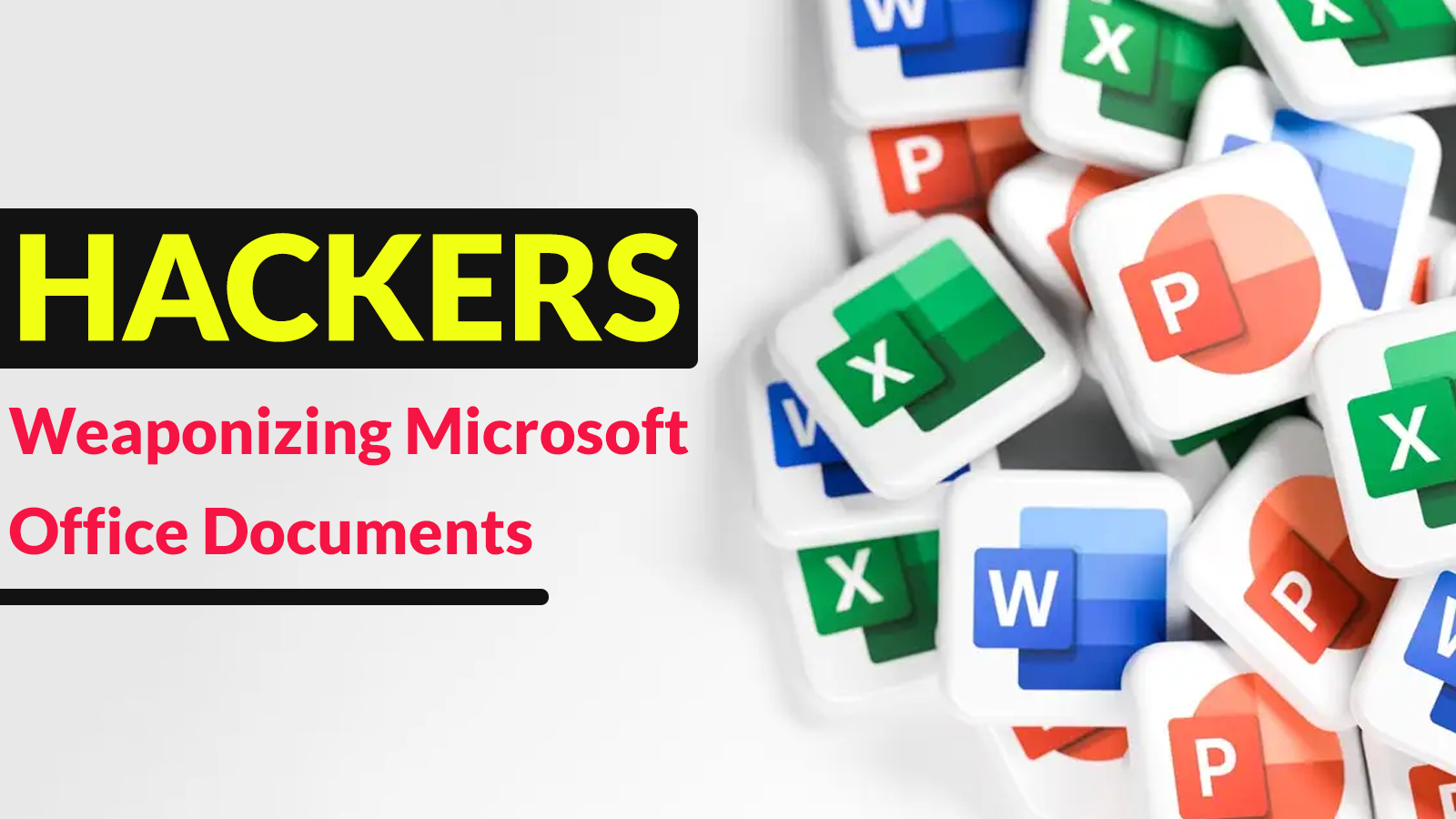Hackers Weaponizing Microsoft Office Documents to Deploy Malware in Business Environments

Microsoft Office permits one to generate a skilled enterprise mumble on office365 or write faculty essays, prepare CVs, take notes, and make diagnosis.
These supply textual thunder and recordsdata modifying, care for macros and Python scripting in Excel, that enable computerized knowledge updating. However, since they would possibly perchance furthermore be gentle to carry out phishing and malware assaults, they’re identified as seemingly cyber weapons.

Cybersecurity researchers at COFENSE lately stumbled on that hackers had been actively weaponizing Microsoft Office documents to deploy malware in enterprise environments.
Technical diagnosis
As an instance, uncomplicated links will most most likely be gentle as assault vectors, while QR codes will most most likely be exploited by vulnerabilities equivalent to “CVE-2017-11882” and “CVE-2017-0199.”
An infected macro embedded within the Visual Frequent for Capabilities (VBA) code will flee robotically once the file is opened.
Risk actors spread these documents by spoofing manufacturers by map of email and cloud-sharing products and services. These are frequent threats that companies must peaceable survey out for to give protection to users.
Risk actors maintain stumbled on that role of job documents are essentially the most preferred assault vector, with embedded links, QR codes, and malicious macros as accomplices to carry credential phishing lures and malware payloads.
Phishing pages will most most likely be accessed by what survey care for frequent doc links, while QR codes can evade security controls.
The employ of Office’s Visual Frequent for Capabilities (VBA), malicious users also leverage the automation of macro-done malware upon opening modified recordsdata.
No topic the modus operandi gentle, these assaults exploit the in model adoption of Office apps, which requires users to live alert and deploy stable safety features capable of mitigating dangers establishing from innocent-acting documents.
In 2022, Microsoft deployed security updates limiting unauthorized macros from engaged on Office recordsdata by default, prompting users to grant permission sooner than enabling doubtlessly tainted programs.
However, several hackers peaceable employ VBA macros to delivery out malware assaults when victims bypass these warnings.
Macro payloads time and every other time exploit PowerShell to retrieve and flee malicious tool by varied URLs at varied assault stages.
Law enforcement actions that influenced major botnets maintain ended in a decline in macro-basically basically based assaults, which had been once completely favored by extremely energetic malware equivalent to Emotet.
Similarly, malware-encumbered Office-basically basically based macros live an ever-show anxiousness inclined to social engineering ways that without complications dodge Microsoft’s macro embargo. So, the users must peaceable be vigilant and maintain their programs build in with stable safety features to handle the dangers enthusiastic.
Source credit : cybersecuritynews.com

